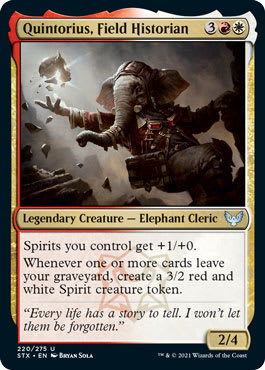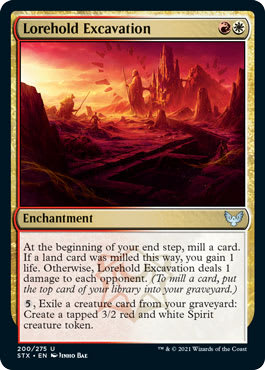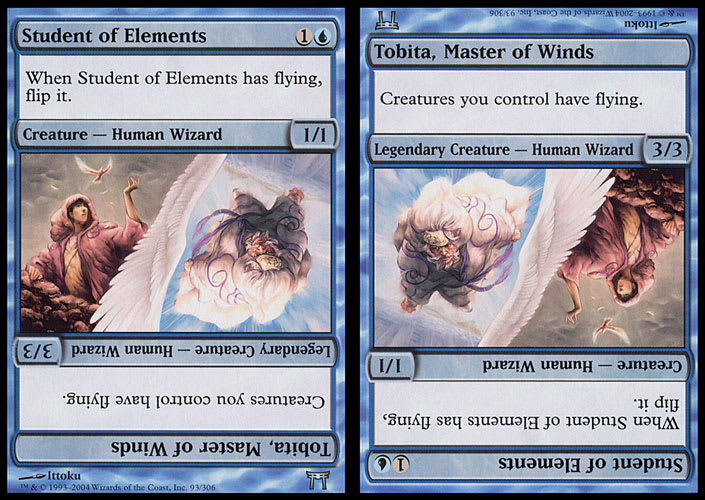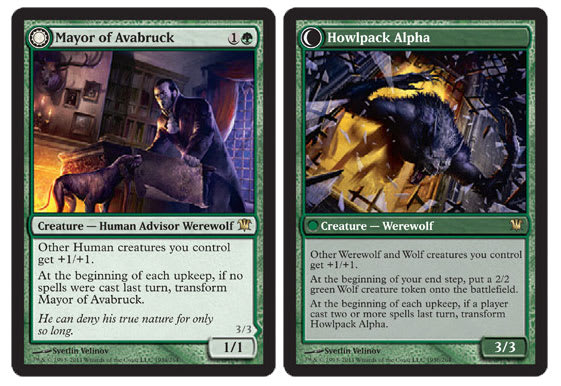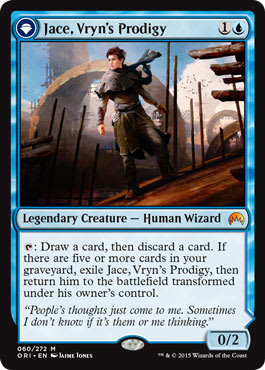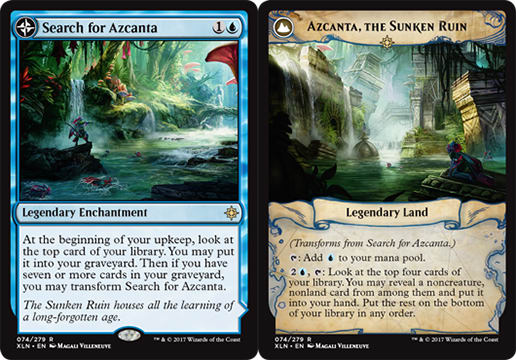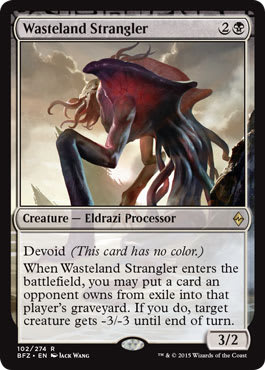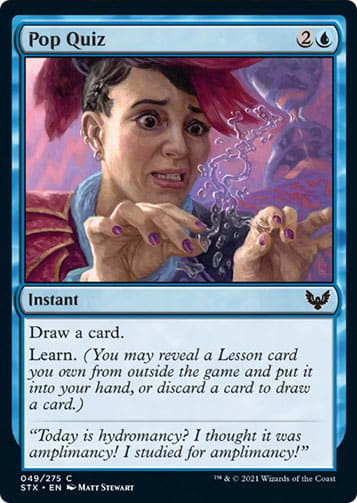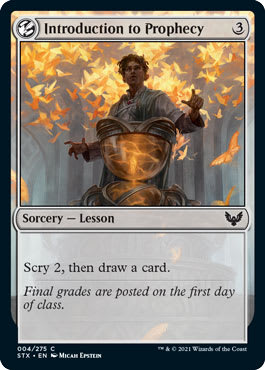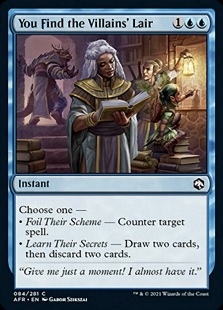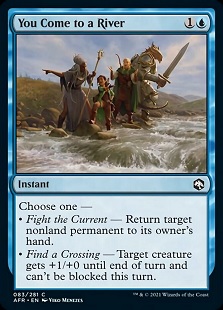Adventures in the Forgotten Realms is the most flavorful set Wizards has ever released.
I know I started with a big statement there, but hear me out. I started playing the game in 2008, and I'm mostly familiar with the sets older than that as well. I've never been a huge lore guy when it comes to Magic (Blizzard games are a different story for me), but I generally have passing knowledge of what's going in the sets. Bolas invading, Gideon sacrificing himself, Liliana v. Garruk, Sorin putting people in walls, demons cutting my boy Lorthos, the Tidemaker in half. You know, the important stuff.
I'm usually much more focused on the competitive side. I absolutely love drafting, and go pretty wild on Arena when new sets release. While Wizards has made plenty of well-publicized mistakes on the 60-card end of things (and maybe in the world of 100 cards, looking at you Tergrid), but one place where they've absolutely shone is Limited. The formats over the past 12-18 months have been more unique than I would have thought possible for Magic sets that ultimately come down to attacking with 2/2s and 3/1s, but they've knocked Limited out of the park. Between that and coverage of Constructed, I'll admit I don't read flavor text or look at art as closely as I should.
But what has transpired over the past few sets has forced me to take notice. It began with something that happens very rarely for a jaded paper boomer like me: Wizards surprised me. That would be thanks to the Lorehold college on Strixhaven, which I wrote about in detail here. Strixhaven itself was a success with the Learn-Lesson mechanic that made for one of the most unique Limiteds I've ever played, and it played perfectly into the flavor of the set. While I generally prefer mechanics to flavor, Strixhaven presented a perfect combination of the two, and the take on Lorehold made me reimagine what a Boros Red-White deck could look like.
And they've topped that with Adventures in the Forgotten Realms.
Venture into the Dungeon
I've never played Dungeons and Dragons. That's almost a little embarrassing to admit for a seasoned Magic player, but it's just never worked out before. I hope to change that at some point during this set's lifetime - especially since there are Magic settings you can play DnD in - and it's almost entirely because of how strong this set has been. Trust me, I know plenty of pros who are rolling their eyes at dungeons, as they can be clunky mechanically and certainly increase complexity, but to me it's a natural continuation of what they did in Strixhaven.
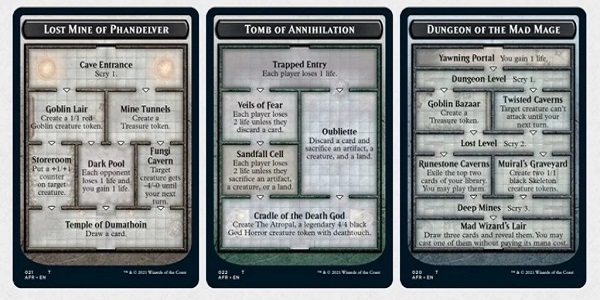
Mark Rosewater is famous for saying that restrictions breed creativity, but I think one of the reasons that Strixhaven and now Adventures in the Forgotten Realms have really caught my attention is because of how many restrictions they didn't impose on their design team. Allowing so many cards from "outside the game?" That's not something a classic Magic set does, and for years we've never really seen anything like it.
That's not to say Wizards hasn't tried to work around this restriction - we've seen a ton of card designs over the years that have tried to cram as much ingenuity as possible onto a card.
I remember when I first saw Mayor of Avabruck spoiled before it was officially previewed. I didn't think it could be real. After all, they just didn't do that. But it was real, and that was cutting-edge design at the time, after previous attempts at tackling the same challenges. And while the good mayor was groundbreaking at the time, players quickly adapted to double-faced cards and before long they simply became another part of the game, one we've seen plenty of iterations on over the years, to mostly satisfying results.
It took plenty of years for the next sacred cow to be sacrificed, but starting with Battle for Zendikar we saw more cards veer into territory involving outside of the game zones. Realizing that players could handle the complexity and the printers could handle the job, I thought we had peaked with Strixhaven Lessons. When the set demanded a particular flavor, the old restrictions were thrown out the window in the interest of making a flavorful set and mechanic, and the results, I think, were exemplary.
The trend continues now with Dungeons. Now you don't even have to draft "cards" to use from outside of the game. I've seen some complaints that the added complexity of dealing with this mechanic at FNM isn't worth it - or that this is a sign that they're finally "running out of ideas" and are "jumping the shark" - but I've been hearing that argument ever since I started playing the game right around the introduction of this weird new card type called "planeswalkers." Magic is at its best when it's innovating, and the mechanics of the past handful of sets have shown what is possible when you remove the restrictions of conventional wisdom and let designers go wild.
Look, I have no idea how Dungeons will play. Alternate resource mechanics are always tricky, and when they miss like energy (or to a lesser extent Food), they can cause problems. But like Lessons, Dungeons seem mostly destined for Limited or casual play, so the flavor tradeoff seems well worth it.
That would have been enough for most sets. But Adventures in the Forgotten Realms goes even further.
You Come to an Ability Word
I'm sure there's some technical differences between keywords, ability words, reminder text and so on, but frankly I don't care - using ability words to convey flavor is a huge breakthrough. It's yet another example of not being afraid to tinker with the established way of doing things, and that decision paying off in a huge way.
It would have been one thing to released a DnD-themed set with some familiar characters and spells and so on - the success of Secret Lairs has certainly demonstrated that there's a market for that. But if you had told me five years ago that Wizards would print a card named "You Come to a River" - and that the entire set would be like that - I would have been one of those jaded players rolling my eyes at ridiculous card names. But Strixhaven showed me how much pure fun it can be to lean into the flavor when that flavor adds to competitive play rather than detract from it, and the use of ability words as flavor tools raises the entire product up along all axes. I can't wait to see someone at a big tournament announce that they've found the villains' lair and are going to foil their schemes or learn their secrets.
Mechanically, these cards function like any other modal card, and if you really just hate having fun you can ignore the flavor words and cast your spells as you normally would. But for everyone else, this takes an otherwise straightforward modal card and turns it into a story. I can't say I saw that coming, but now that it's here I never realized how much I wanted it in my games - and that's what makes Magic the best game in the world.
I have little-to-no emotional attachment to Dungeons and Dragons; I assumed this set wasn't for me. But the flavor has added so much to otherwise mundane cards that I can't wait to get my hands on the set - and after seeing what's possible I'm now really excited about an upcoming crossover for an IP I actually do love: Lord of the Rings.
Change has always been the lifeblood of Magic, and Adventures in the Forgotten Realms is a triumph. Now I'll just have to learn how to play Dungeons and Dragons.
Thanks for reading,
Corbin Hosler
















